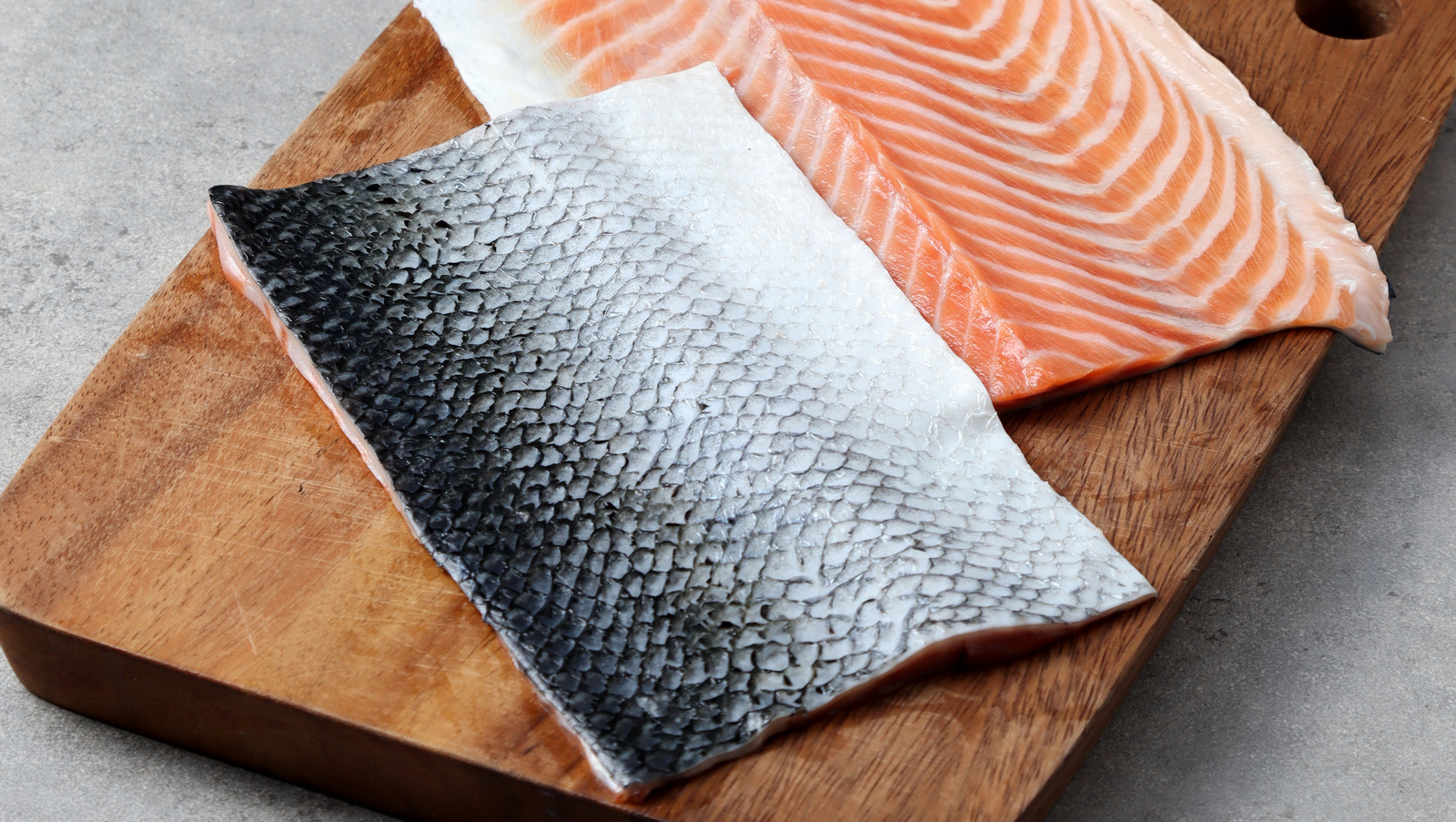Salmon Skin - The Nutritious Secret Hiding in Plain Sight

The Edible Enigma: Can You Eat Salmon Skin?
Salmon skin, often discarded or overlooked, holds a secret treasure trove of nutrients waiting to be unlocked. This frequently asked question has sparked debate among seafood enthusiasts and health-conscious individuals alike. The answer is a resounding yes – salmon skin is not only edible but also packed with an impressive array of beneficial compounds.
Nutritional Powerhouse
Salmon skin is an excellent source of:
- Protein: Essential for muscle growth and maintenance
- Omega-3 fatty acids: Crucial for heart health, brain function, and inflammation regulation
- Vitamins: B12, B6, and niacin, which support energy metabolism, nerve function, and skin health
- Minerals: Selenium, phosphorus, and potassium, which aid in antioxidant functions, bone health, and muscle contractions
By consuming salmon skin, you can tap into these nutrients and potentially enhance your overall well-being.
Nutritional Powerhouse: Benefits of Eating Salmon Skin
Salmon skin is often discarded, but it's a treasure trove of nutrients waiting to be tapped. This often-overlooked part of the fish is packed with benefits that can boost your overall health.
1. Collagen for Skin and Joint Health
Salmon skin contains collagen, a protein that plays a crucial role in maintaining healthy skin and joints. Consuming collagen can help improve skin elasticity, reduce wrinkles, and alleviate joint pain.
2. Vitamin D for Bone Health and Immune Function
Salmon skin is an excellent source of vitamin D, essential for bone health and immune function. Vitamin D deficiency has been linked to various health issues, making salmon skin a valuable addition to your diet.
3. Antioxidants and Fatty Acids for Inflammation Reduction
The antioxidants and fatty acids present in salmon skin may help reduce inflammation in the body. Chronic inflammation is linked to various diseases, making salmon skin a potential tool in the fight against inflammation.
Preparation and Safety: How to Enjoy Salmon Skin
While salmon skin offers numerous health benefits, it's crucial to prepare and consume it safely to reap its rewards. Here are some essential tips to keep in mind:
Choose the Right Salmon
Always choose wild-caught or sustainably sourced salmon for the best nutritional benefits. Wild-caught salmon tends to have higher levels of omega-3 fatty acids and lower levels of contaminants like mercury and PCBs compared to farmed salmon. Sustainably sourced salmon ensures eco-friendly fishing practices and minimizes the environmental impact.
Cooking the Skin Thoroughly
Ensure the skin is cooked thoroughly to avoid foodborne illness. Raw or undercooked salmon skin can contain harmful bacteria like Salmonella or E. coli. Cooking the skin until crispy and golden brown will not only make it safe to eat but also enhance its texture and flavor.
Preparing Crispy and Delicious Salmon Skin
Grilling, baking, or pan-frying are excellent ways to prepare crispy and delicious salmon skin. When grilling, place the salmon skin-side down first to achieve a crispy texture. For baking, preheat your oven to 400°F (200°C) and bake for 12-15 minutes or until crispy. Pan-frying requires a hot skillet with a small amount of oil, cooked for 2-3 minutes on each side or until crispy and golden brown.
The Verdict: Is Eating Salmon Skin Good for You?
After delving into the world of salmon skin, it's time to weigh the evidence and render a verdict. Can this often-discarded delicacy be a valuable addition to your diet?
In Moderation, a Nutritious and Tasty Addition
Yes, in moderation, salmon skin can be a nutritious and tasty addition to a balanced diet. With its rich sources of protein, omega-3 fatty acids, and various vitamins and minerals, salmon skin offers several health benefits when consumed in moderation.
Consult a Healthcare Professional or Registered Dietitian
However, it's crucial to consult a healthcare professional or registered dietitian for personalized advice. They can help you determine the appropriate amount of salmon skin to include in your diet based on your individual needs and health status.














Comments ()